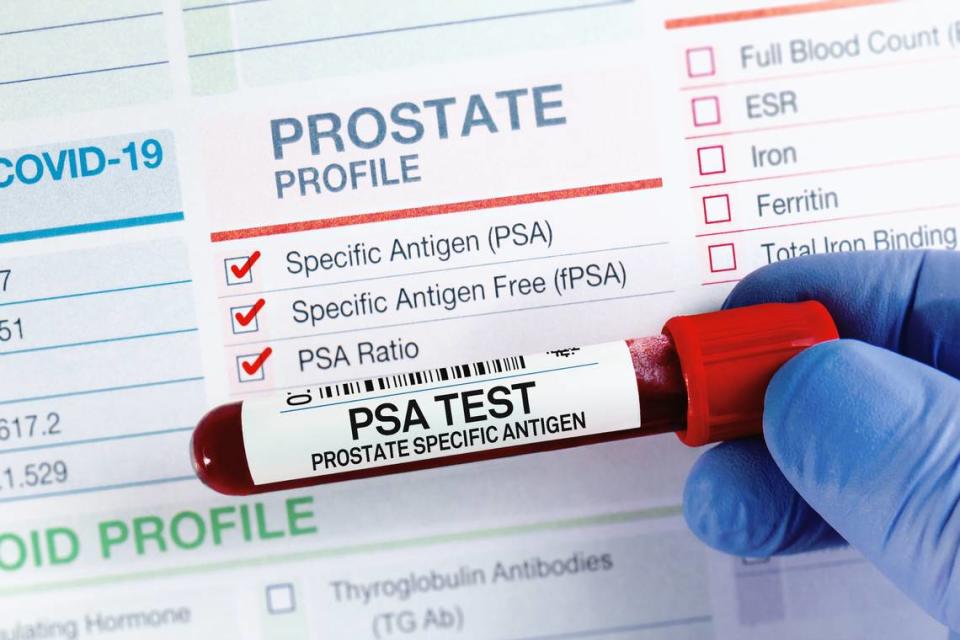Genetic prostate cancer risks identified for men of African descent
When it comes to prostate cancer, Black men face a grimmer picture than their White counterparts. They’re more likely to get and die of the disease. They also face longer delays between diagnosis and treatment.
What’s behind the disparities? A recent study covering tens of thousands of men of African descent offers one answer — increased genetic risk, including some risk factors found only in men of African ancestry.
Published in the journal European Urology, the study is the largest to look at genetic risk factors in men of African descent. It represents an effort to correct a long-standing bias in prostate cancer research, much of which has overlooked men with African ancestry.
“The vast majority of studies to date have been conducted in populations of European ancestry, which creates a huge bias in our understanding of genetic risk for disease,” Christopher Haiman, a professor of population and public health sciences at the University of Southern California and the study’s senior author, said in a news release.
Researchers looked at 10 studies that included genetic data from over 80,000 men of African descent, comparing data from 19,378 men with prostate cancer and 61,620 healthy men. When the researchers analyzed the combined data, they discovered nine new genetic variants associated with an increased risk of prostate cancer for men of African ancestry.
Seven of the newly discovered variants are found primarily or exclusively in men of African descent.
One variant in the 8q24 region of the human genome — which was already known to be key in determining prostate cancer risk — appears only in men of African descent. It had the strongest association with aggressive prostate cancer of all the variants studied.
The researchers used the data to come up with a scoring system that helped identify men at particular risk and found the scores could distinguish whether they were at risk of developing aggressive or nonaggressive prostate cancers.
Eventually, scientists hope to develop a genetic screening test to help men determine their risk for prostate cancer — and to learn more about what could drive men of African descent’s particular susceptibility to the disease.
A specific antigen found in the blood can indicate prostate cancer and a digital examination of the rectum can indicate an abnormal prostate, but no standard test exists to screen for the disease, according to the Centers for Disease Control and Prevention.





